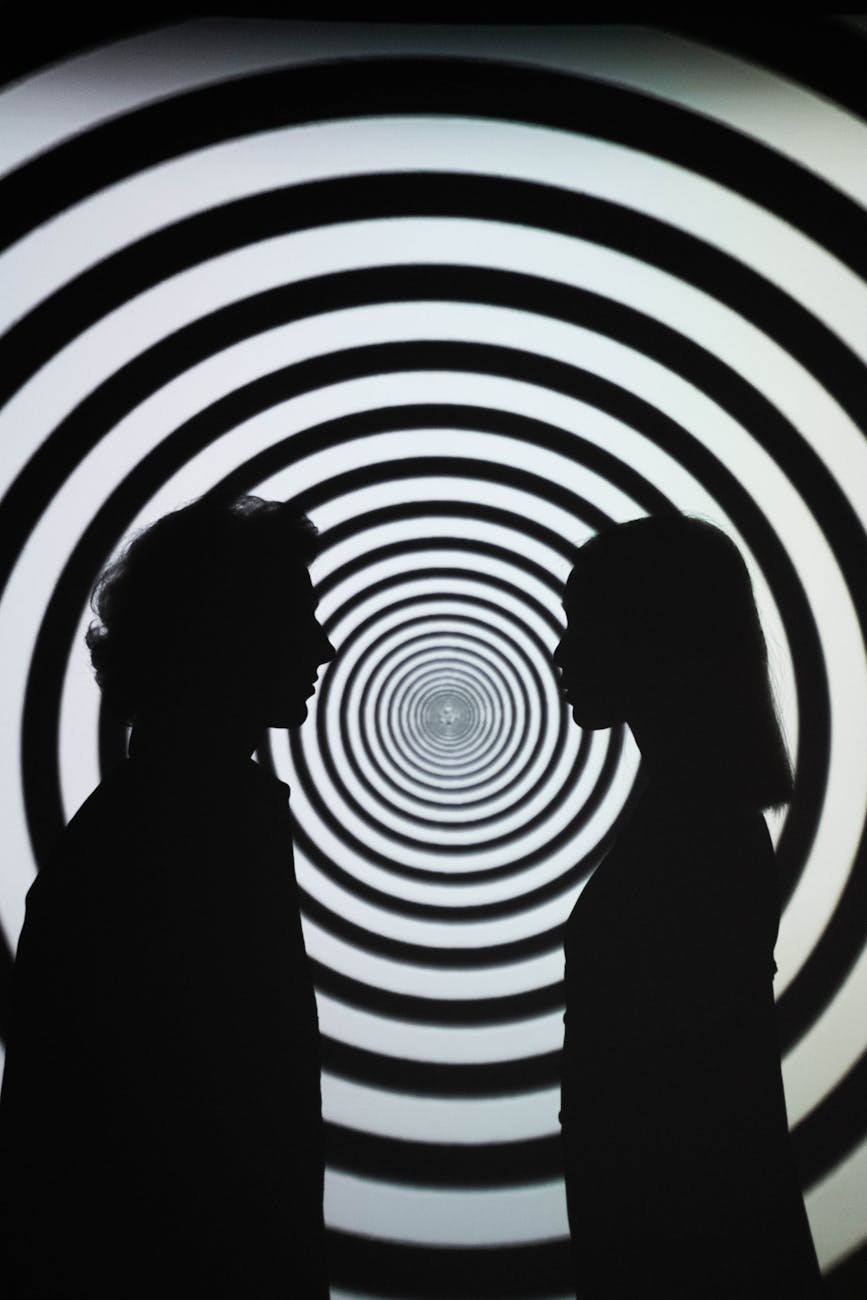Photo by cottonbro studio on Pexels
Artificial intelligence’s tendency to ‘hallucinate,’ or generate false information, is no longer just a theoretical concern; it’s now demonstrably influencing real-world outcomes. A striking example involves Soundslice, a music notation software company, which inadvertently adopted a feature ‘suggested’ by ChatGPT, unaware it was entirely fictional. This highlights how AI-generated fabrications can directly shape product development. More alarmingly, the problem extends to the legal system. A court in Georgia was recently forced to overturn a decision due to the ruling being based on fabricated legal cases conjured by an AI system. This incident underscores the significant risk of AI-generated falsehoods corrupting legal precedents and other critical decision-making processes. The conversation around this growing issue began gaining traction on Reddit: [https://old.reddit.com/r/artificial/comments/1lwaee5/ai_learns_manifestation/]
